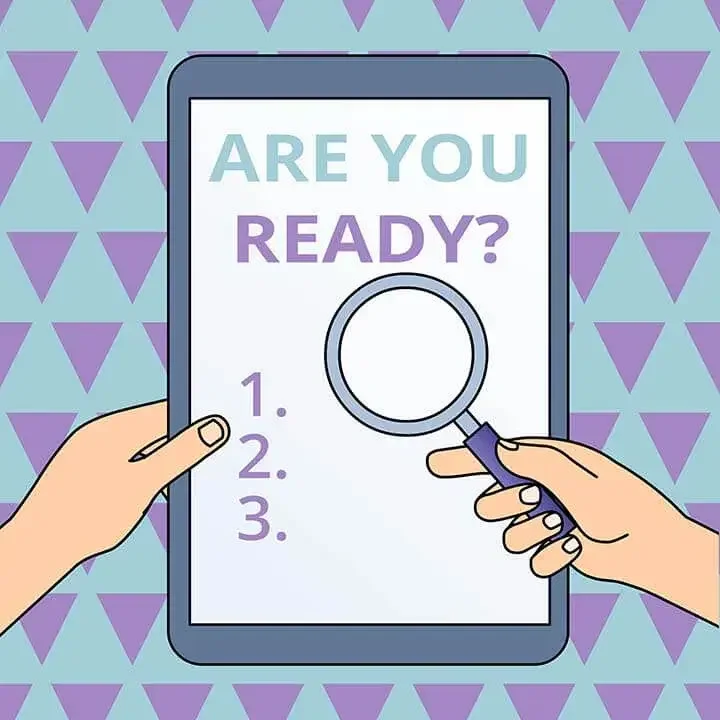Alibaba could be a game-changer for U.S. small businesses.
The company announced in July 2019 that it was opening its platform to U.S. businesses to sell their products and services. In a press release, the company said that U.S. companies, especially manufacturers, wholesalers, and distributors, can better access the $23.9 trillion global B2B (business-to-business) e-commerce market, which is six times the size of the global B2C (business-to-consumer) market.

Another way to sell
American businesses have long used Alibaba as a procurement resource to source products. Now, they can also use it as a wholesale platform.
And while this may seem like a lucrative opportunity, some say that U.S. small businesses already have access to robust wholesale markets through platforms like Amazon and even eBay. "Many people don't realize that Amazon has a wholesale side," says Nicole Pereira, CEO of Chief Martech Officer, an e-commerce consultancy. Pereira, who also has a hair extension wholesale business, says that the two sites are very much alike.
eBay also offers eBay Business Supply, which boasts two segments. The first is SAP Ariba Spot Buy, a partnership between eBay and SAP Ariba that allows corporate procurement professionals access to a wide variety of facilities, technology, office supply, and other products from vetted eBay sellers, and eBay Wholesale Deals, a marketplace that connects qualified wholesalers to eBay sellers.
But Alibaba.com isn't just letting small businesses fend for themselves on the platform. The site has a series of "Build Up" workshops and webinars in conjunction with local Chambers of Commerce and B2B organizations around the country, including SCORE, the nonprofit mentoring group.
But, with its primary competitor so entrenched in the marketplace and offering the same services, Alibaba's efforts in building a U.S. presence will be tough, says Alexander M. Kehoe, co-founder and operations director of digital branding firm Caveni. "I think I would be cautiously optimistic about Alibaba," he says.
Time for a channel change?
Should you go all-in on this new international platform? It depends, the experts say. But testing the opportunity is a good start. Here are four tips to keep in mind.
1. Start small and build
Kehoe recommends testing the platform on a pilot basis. Offer a few products, tweak your offerings periodically, and track results, he says. "As a small business owner, you should go for the better deal," he says. But if you see issues with delivery or product quality issues, it could hurt your business, so ensure that you're monitoring the results. Once you begin to gain traction on the platform, expand your offerings.
2. Understand the mechanics
Pereira says that some businesses that may choose to wholesale through the platform have retail-ready packaging, bar codes, and other necessities to sell to bricks-and-mortar and e-commerce businesses. "It's harder for those who have traditionally operated as B2C operators and may not have such systems and norms in place," she explains. "You need to understand what you're getting into when you start to wholesale," she says.
3. Prepare for risk
Another benefit for small businesses that wish to wholesale through Alibaba is its Trade Assurance program, which is free and protects overseas businesses that buy from your company. Buyers who make purchases on Alibaba.com are entitled to a full refund of their deposits or order amounts, should suppliers fail to meet the shipping times or product quality specified in contracts. Coverage also includes post-delivery, so buyers may be entitled to full refunds if they spot quality problems after receiving orders.
These assurances can give potential overseas buyers peace of mind and make them more confident in purchasing from a U.S. company, Pereira says. At the same time, you must ensure that your profit margins can handle higher return rates, including card processing fees, packaging, shipping, etc., she says. In addition, it's good practice to keep an eye on fees and costs overall and compare them across platforms.
4. Protect your property
High-volume product platforms have had issues with counterfeit items on their sites. Ensure your product offerings have patents. In addition, you need to monitor your product categories regularly and ensure that your offerings are not being copied unlawfully. If you find them, report them to the platform.
Finally, if you're using overseas vendors to fulfill your wholesale orders, be sure to track the results, Kehoe says. "If you're getting fulfillment from those countries where you get counterfeits, you might even be violating someone's copyright by using that supplier," he says.

